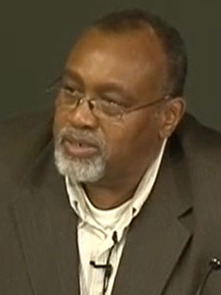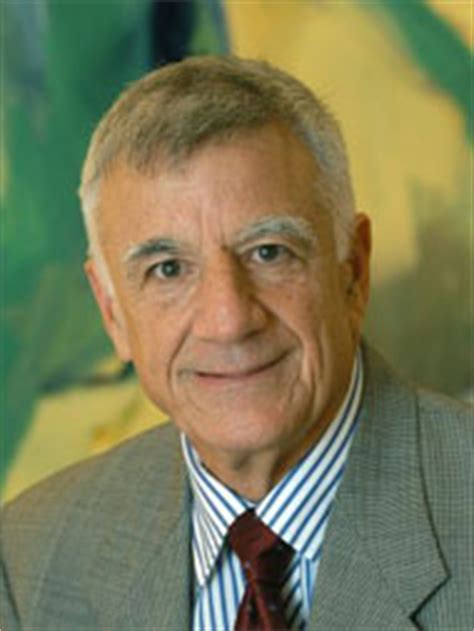A Quote by Orhan Pamuk
The bloody years of war and all the atrocities in European history have taught the Europeans that secular politics free of religious hatred is mainly a question of peace. This concept is not anchored in the same way in the consciousness of Turks, which has to do with the fact that the secular was forced upon us by the army.
Related Quotes
We need to employ a secular approach to ethics, secular in the Indian sense of respecting all religious traditions and even the views of non-believers in an unbiased way. Secular ethics rooted in scientific findings, common experience and common sense can easily be introduced into the secular education system. If we can do that there is a real prospect of making this 21st century an era of peace and compassion.
In contemporary society secular humanism has been singled out by critics and proponents alike as a position sharply distinguishable from any religious formulation. Religious fundamentalists in the United States have waged a campaign against secular humanism, claiming that it is a rival "religion" and seeking to root it out from American public life. Secular humanism is avowedly non-religious. It is a eupraxsophy (good practical wisdom), which draws its basic principles and ethical values from science, ethics, and philosophy.
America's founding fathers did not intend to take religion out of education. Many of the nation's greatest universities were founded by evangelists and religious leaders; but many of these have lost the founders concept and become secular institutions. Because of this attitude, secular education is stumbling and floundering.
You have to be closer to religious origins -- the generation of the 20's was truly secular in that it still knew its theology and its varieties of religious experience. We are post-secular, inventing new faiths, without any sense of organizing truths. The truths we accept are so multiple that honesty becomes little more than a strategy by which you manage your tendencies toward duplicity.
The fact that we don't' talk about it, that we don't have a politics in which this question of war and peace can even get onto the table, so that we can open up our Orwell, our 1984, or Animal Farm, or whatever, and read the political text that's being spotted to us on the television right off of the page; the fact that we don't have a politics robust enough to actually debate whether or not we want to be a country permanently at war. That's what keeps me from sleeping at night.
The secular utopians basically said the exact same thing, they just took the Bible out of the equation. The religious and the secular groups recognized each other as fellow travellers. They exchanged newsletters and asked each other questions like, "What's a good soup pot to use if you're making dinner for 800 people?" They had these practical connections.
Let us assume that the Turks in whose ranks Europeans were fighting as well, even in high positions, would have conquered Vienna and Europe in 1683 instead of having been forced to withdraw. If the Mohammedans would have gained the victory at the time and Islam would have swept victoriously over Europe, then the Christian churches would have been depoliticized. (...) For the Turks were religiously tolerant, they allowed each religion to continue to exist, provided it was no longer involved in politics - otherwise it was finished.






































